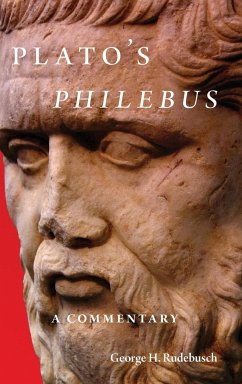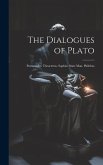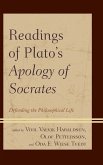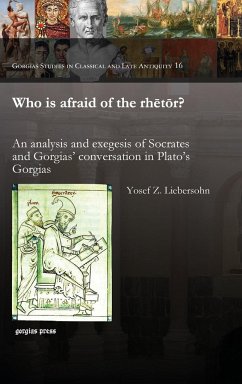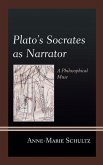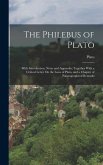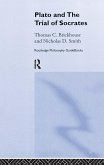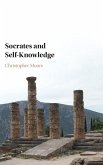Written in the fourth century BCE, Philebus is likely one of Plato's last Socratic dialogues. It is also famously difficult to read and understand. A multilayered inquiry into the nature of life, Philebus has drawn renewed interest from scholars in recent years. Yet, until now, the only English-language commentary available has been a work published in 1897. This much-needed new commentary, designed especially for philosophers and advanced students of ancient Greek, draws on up-to-date scholarship to expand our understanding of Plato's complex work. In his in-depth introduction, George Rudebusch places the Philebus in historical, philosophical, and linguistic context. As he explains, the dialogue deals with the question of whether a good life consists of pleasure or knowing. Yet its exploration of this question is riddled with ambiguity. With the goal of facilitating comprehension, particularly for students of philosophy, Rudebusch divides his commentary into twenty discrete subarguments. Within this framework, he elucidates the significance-and possible interpretations-of each passage and dissects their philological details. In particular, he analyzes how Plato uses inference indicators (that is, the Greek words for "therefore" and "because") to establish the structure of the arguments, markers difficult to present in translation. A detailed and thorough commentary, this volume is both easy to navigate and conducive to new interpretations of one of Plato's most intriguing dialogues.
Bitte wählen Sie Ihr Anliegen aus.
Rechnungen
Retourenschein anfordern
Bestellstatus
Storno

